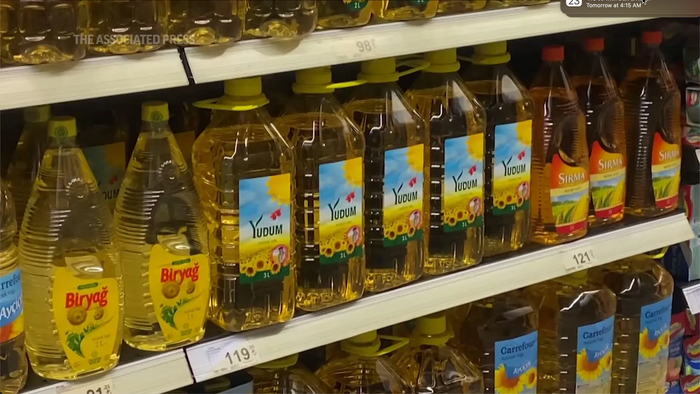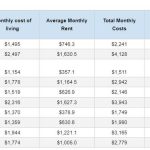A key ingredient commonly found in kitchens could face a shortage in the coming months as global biofuel consumption surges due to climate change initiatives.
As reported by Bloomberg, Western nations are increasingly adopting plant-based energy sources, such as soybean or canola oils, or even animal fats, in a move to reduce carbon emissions by transitioning away from fossil fuels. This shift has presented a profitable opportunity for vegetable and palm oil producers to redirect some cooking oil supplies toward the transportation sector rather than their traditional use in food production.
Hot demand for biofuels combined with the war in Ukraine disrupting ag flows and extreme weather in Argentina curbing vegetable oil supplies and other top producers reeling from declining production could push vegetable oil production into a deficit in the second half of the year, according to Thomas Mielke, executive director of Hamburg-based Oil World.
Mielke pointed out biofuels account for a large share of the vegetable oil market but only a fraction of energy demand. He’s alarmed that biofuel targets pushed by governments might spark a cooking oil shortage.
Soaring demand for biodiesel, renewable diesel, and biojet fuel has primarily been concentrated in the US, Europe, Brazil, and Indonesia.
However, the global palm oil market could struggle to meet demand. Their production levels stagnate, with Indonesia and Malaysia responsible for 85% of global supply.
“In periods of supply shortages, the necessary rationing of demand must not take place only on the shoulders of the food consumers.
“This is a lesson we have to learn from last year,” Mielke said.
Global decarbonization efforts might result in unintended consequences for consumers, who could soon face the prospect of rising cooking oil prices or potential shortages.
Loading…












